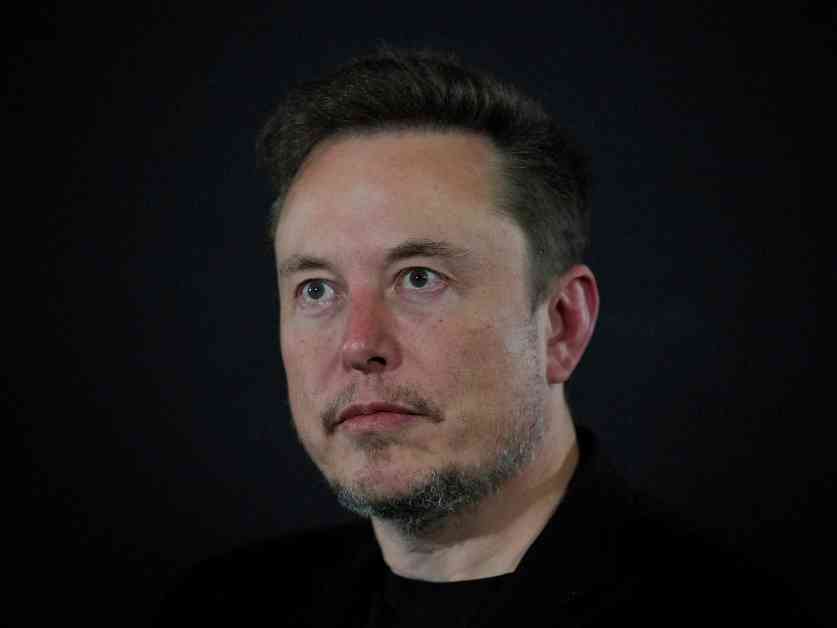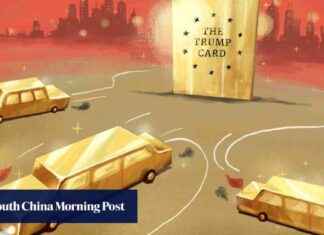Tech mogul Elon Musk has once again found himself in the spotlight, this time for his criticism of the Australian government’s proposed laws aimed at combating misinformation on social media platforms. The billionaire CEO of companies like Tesla and SpaceX took to social media to express his disdain for the legislation, calling the government “fascists” in response to the new laws. The proposed legislation, put forward by Australia’s center-left Labor government, would impose fines on social media companies that fail to remove content deemed false, misleading, or deceptive.
### The Proposed Legislation
Under the new proposals, social media platforms could face fines of up to 5 percent of their global annual revenue if they do not take action to remove content that is considered harmful. This content must be “reasonably verifiable as false, misleading, or deceptive and reasonably likely to cause or contribute to serious harm,” according to Communications Minister Michelle Rowland. The aim of the legislation is to hold tech companies accountable for the spread of misinformation on their platforms and to protect users from the potential harm caused by false information.
The announcement of the proposed legislation comes after a previous draft of the law was met with criticism from various quarters, including media outlets, civil liberties advocates, and the country’s human rights watchdog. The government’s decision to reintroduce the legislation despite the backlash indicates its commitment to addressing the issue of misinformation online and protecting the public from its harmful effects.
### Elon Musk’s Response
Elon Musk, known for his outspoken nature on social media, did not hold back in his criticism of the Australian government’s proposed laws. In a single-word response to a post about the legislation, Musk called the government “fascists,” sparking a heated debate between him and Australian officials. Government Services Minister Bill Shorten was quick to respond to Musk’s comments, accusing the tech billionaire of being inconsistent on the issue of freedom of speech.
Shorten’s remarks highlight the complexities of the debate surrounding freedom of speech and the regulation of online content. While Musk’s criticism may be seen as a defense of free speech, the government’s perspective is focused on the need to protect users from harmful misinformation. The clash between the two sides underscores the challenges of finding a balance between allowing free expression and preventing the spread of false information online.
### Australian Officials’ Rebuttal
In response to Musk’s criticism, Assistant Treasurer Stephen Jones defended the proposed legislation as a matter of national sovereignty. Jones dismissed Musk’s comments as “crackpot stuff,” emphasizing the government’s responsibility to regulate online content in the interest of public safety. The exchange between Musk and Australian officials highlights the divergent views on the role of government in regulating social media and the challenges of addressing misinformation in the digital age.
The ongoing debate between Musk and Australian authorities is not the first time the tech billionaire has clashed with the country’s government. In a previous incident, Musk took Australia’s eSafety commissioner to court over an order to remove posts related to a violent incident in Sydney. The legal battle resulted in a war of words between Musk and Prime Minister Anthony Albanese, with the latter criticizing Musk as an “arrogant billionaire” for his resistance to the order.
### The Complexity of the Issue
The controversy surrounding the Australian government’s proposed laws highlights the complex nature of regulating online content in the digital era. While the need to combat misinformation and protect users from harm is clear, the methods used to achieve these goals can be contentious. The clash between Musk and Australian officials underscores the challenges of finding common ground on issues related to free speech, censorship, and the role of government in the online sphere.
As the debate continues to unfold, it is essential for all stakeholders to engage in constructive dialogue and work towards solutions that balance the protection of users with respect for freedom of expression. The exchange between Musk and Australian authorities serves as a reminder of the importance of open communication and collaboration in addressing the challenges posed by misinformation in the digital age.
In conclusion, the clash between Elon Musk and the Australian government over the proposed laws on misinformation underscores the complexities of regulating online content in today’s digital landscape. While both sides have valid concerns and perspectives, finding common ground and working towards solutions that benefit all stakeholders will be essential in addressing the challenges posed by misinformation on social media platforms.



























